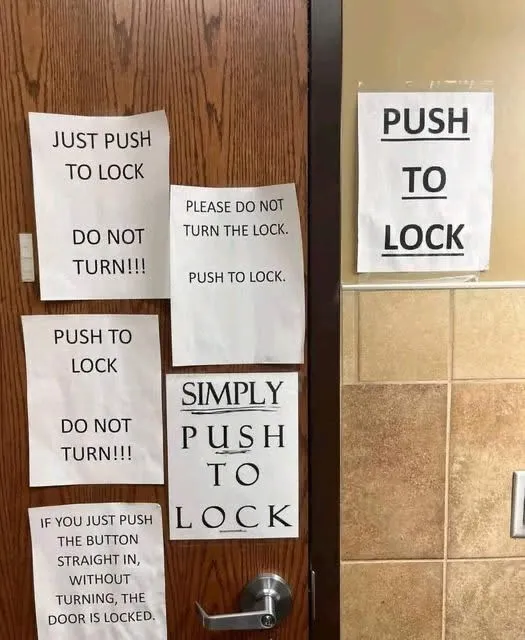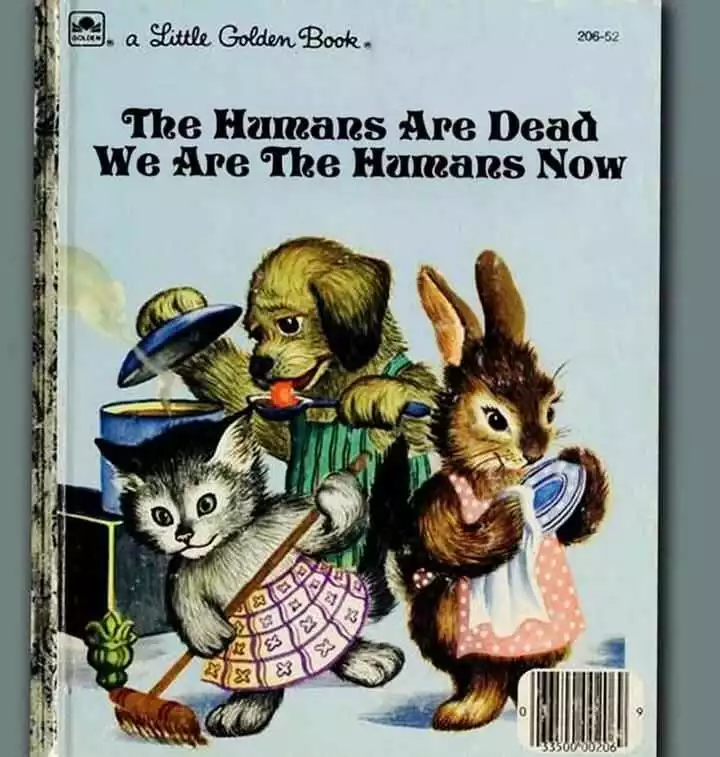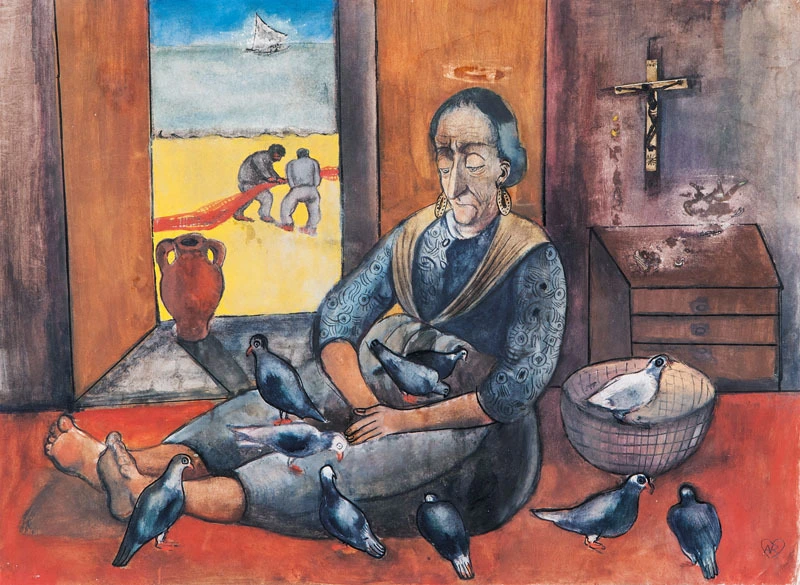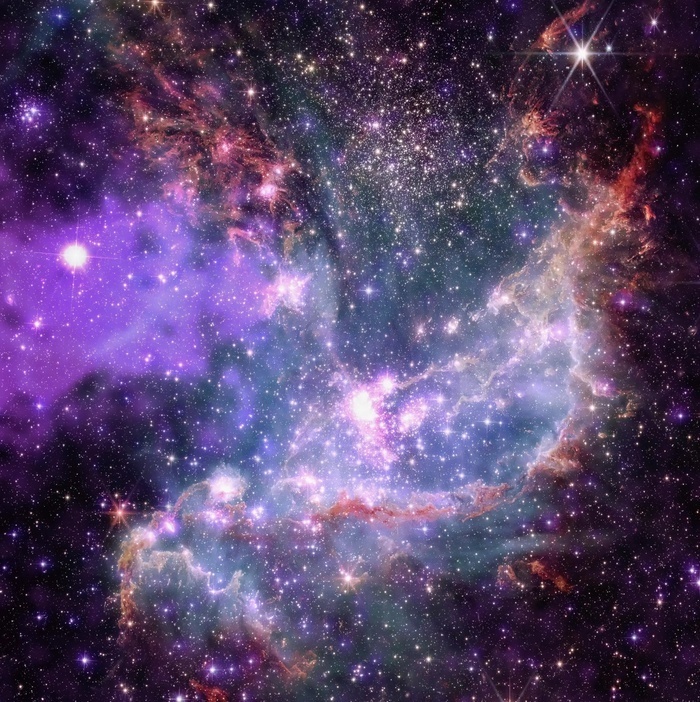#humans
Dr. Jack Kruse is a neurosurgeon who specializes in #physics, #light, #magnetism, and #electricity.
Through his #research, he has determined that #modern #medicine lacks a comprehensive understanding of #how #humans interact with the #natural #world.
Source: https://youtube.com/watch?v=a6gYuFpZSKw
Top #Brain #Surgeon #Instantly #Banned After #Revealing This!
world #government #plan to #slaughter #humans
https://old.bitchute.com/video/3A6eZaNSkie8/
#democide #muder
full steam ahead
CUSTAINABILITY AGENDA TO REDUCE THE WORLDS POPULATION CAUSING CANCER
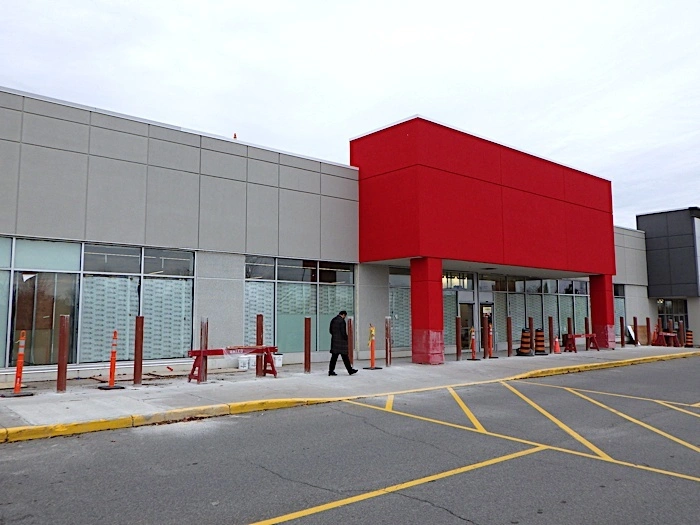
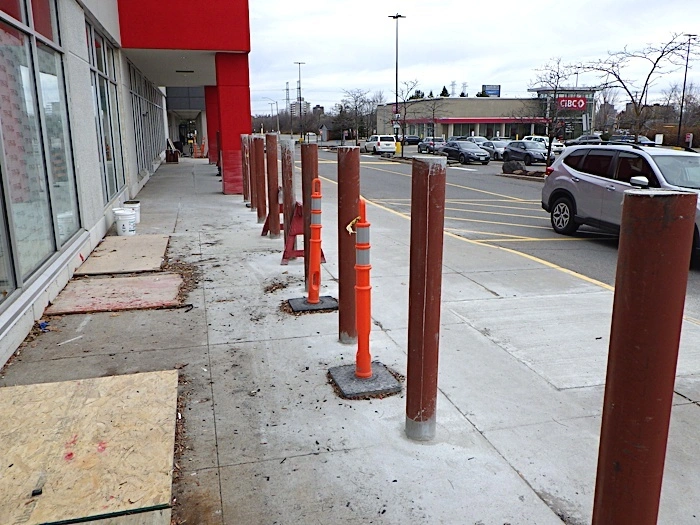
and here is an interesting development that is not at all a mystery. These photos show a new Shoppers Drug Mart location being prepared for opening in a local mall in #Ottawa. SDM is a national drug store chain here and they have an actual urban planing department (I met some of their urban planners at a meeting a few years back - very interesting people!) So this new drug store just had this long row of concrete-filled steel posts installed along the whole length of the storefront, but this is not to thwart terrorists or anything so nefarious. We had another SDM in the area that some old guy drove his car right though the plate glass window of, almost killing several staff and other customers. He said he couldn't find the brakes... So these posts seem to be a new mandatory corporate policy, as a result of the simple fact that #humans cannot be trusted to not hit the store with their #cars.
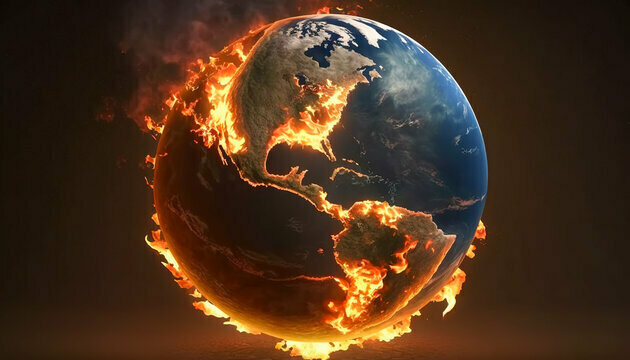
#earth #humans
America Votes for Extinction.
That’s fine. The planet will be better off without humans. Extreme Right-Wingnuts in other countries will also be voting for extinction. They will contribute to our demise, so it shouldn’t take millions of years before Earth is free of us, our stupidity, greed and destruction.

John Collier (1850-1934, English)
A Glass of Wine with Caesar Borgia
Ein Glas Wein mit Cesare Borgia
Gemälde, Öl auf Leinwand, 140 x 240 cm, 1893, Ipswich Museum and Art Gallery, Ipswich
#JohnCollier #CesareBorgia #LucreziaBorgia #RodrigoBorgia #gift #vatikan #renaissance #kunst #art #paintings #gemälde #peinture #menschen #humans #poison #vatican

Jakob Jordaens (1593-1678, Flemish)
Zo de ouden zongen, zo piepen de jongen
Wie die Alten sangen, so pfeifen die Jungen / As the Old Sang, So the Young Pipe
Gemälde, Öl auf Leinwand, 136 x 160 cm, 1640, Louvre, Paris
#JakobJordaens #genremalerei #barock #sprichwort #malerei #kunst #art #paintings #gemälde #peinture #menschen #humans #GenrePainting #baroque #proverb #painting

Kartenlesen / Map Reading
Beim Ballonfestival im Freizeitpark Moers, September 2012
#SchloßparkMoers #ballon #ballonfestival #menschen #KreisWesel #niederrhein #FreizeitparkMoers #humans #balloon #foto #fotografie #photo #photography

Albert Anker (1831-1910, Swiss)
Der Grossvater erzählt eine Geschichte
Grandfather Telling a Story
Gemälde, Öl auf Leinwand, 74 x 109 cm, 1884, Kunstmuseum Bern, Bern
#AlbertAnker #genremalerei #bauernhof #realismus #malerei #kunst #art #paintings #gemälde #peinture #menschen #humans #GenrePainting #farm #realism #painting

Pierre Bonnard (1867-1947, French)
La Tarte aux cerises
Die Kirschtorte / The Cherry Tart
Gemälde, Öl auf Leinwand, 115 x 123 cm, 1908
#PierreBonnard #impressionismus #gebäck #malerei #kunst #art #paintings #gemälde #peinture #frauen #menschen #humans #impressionism #pastries #painting
https://www.youtube.com/watch?v=FeB_Mr8juUM
#MIND-BLOWING! The VATICAN’S SUPPRESSION of #JESUS’ FORBIDDEN #Teachings REVEALED! | #RJ-Spina
In today's episode, we dive into the profound insights of RJ Spina, a returning guest whose journey from paralysis to self-healing is nothing short of miraculous. RJ Spina is not just a healer; he’s a spiritual teacher with a deep understanding of metaphysics and the true nature of consciousness. Our conversation covers the mysteries of the universe, the true teachings of Jesus, and what the future holds for humanity.
Imagine a world where the traditional narratives we’ve been taught about our history and spirituality are just the tip of the iceberg. RJ Spina begins by unraveling one of the most captivating revelations: there weren’t just 12 disciples, but 24, half of whom were women. This powerful statement challenges the conventional portrayal of Mary Magdalene, whom RJ describes as being from the same Higher Self as Christ—equally evolved, powerful, and gifted. This insight reframes the story of Jesus and Mary, presenting them not just as historical figures but as deeply connected spiritual beings.
As we venture further into the discussion, RJ shares his thoughts on the future of humanity. He suggests that the next six years will be the wildest ride humanity has ever had, with more truths being exposed and lies being unraveled. This period, according to RJ, will be a time of intense revelation and transformation. The idea that we are on the brink of such significant change is both thrilling and daunting, but RJ emphasizes that this is a necessary step for our collective awakening.
Please enjoy my conversation with RJ Spina.
Timecodes:
0:00 - Episode Teaser
00:28 - What's happening in the next six years?
02:04 - What’s RJ Spina's new book about?
03:14 - What’s the difference between #vibration and #frequency?
06:37 - How do frequencies affect us?
07:47 - How do we connect with higher frequencies?
09:29 - How does meditation raise our frequency?
13:14 - What happens in a near-death experience?
17:08 - What is #enlightenment?
20:22 - Are we moving into the fourth frequency?
24:45 - How does parallel existence affect us?
28:03 - What did Jesus do during the missing years?
31:58 - Did Jesus survive the crucifixion?
36:08 - Who is Mahavatar #Babaji?
38:18 - What are the 12 Gods?
43:17 - How do Ascended Masters influence us?
50:00 - Was Mary Magdalene Jesus’s wife?
54:21 - What happened to Jesus and Mary after the crucifixion?
58:12 - Was the crucifixion an illusion?
1:02:32 - Why is the crucifixion important in Christianity?
1:03:59 - What are astral entities?
1:08:51 - #How do astral entities attach to #humans?
The Y Chromosome Is Slowly Vanishing. A New Sex Gene May Be The Future of Men.
#Humans
23 August 2024
By Jenny Graves, The Conversation
The sex of human and other mammal babies is decided by a male-determining gene on the Y chromosome. But the human Y chromosome is degenerating and may disappear in a few million years, leading to our extinction unless we evolve a new sex gene.
The good news is two branches of rodents have already lost their Y chromosome and have lived to tell the tale.
A 2022 paper in Proceedings of the National Academy of Science shows how the spiny rat has evolved a new male-determining gene...
https://www.sciencealert.com/the-y-chromosome-is-slowly-vanishing-a-new-sex-gene-may-be-the-future-of-men
One of our self-funded films is ‘ #Narmada, the #eternal #river’. Originating at #Amarkantak in #MadhyaPradesh, the #River-Narmada flows for about 1300 kilometers from east to west through the gorge between the Vindhya and the Satpura mountain ranges and merges into the sea near Khambat Sagar at Gadurreswar in #Gujarat.
This valley was formed by the struggle of active land parts of the #Precambrian era, along with the remains of primitive sea creatures and #dinosaurs.
For this reason, the Narmada has been considered the #oldest river in #India.
Along with the evidence of the presence of early #StoneAge #humans in the #caves of the valley, the continuous presence of numerous ancient #Sanatana sites situated on the banks of the river narrates the story of the continuous cooperation of this river in the development of India.
In this short documentary, made under the guidance of Shri Samanand Ji from the Saptmatrika temple of #Maheshwar in Madhya Pradesh, we have tried to showcase the enigmatic story of this eternal river from the geological, anthropological, and cultural points of view.
More importantly, the video is an informative and spiritual look at the Narmada River, one of the most #sacred rivers in India. The video begins with a montage of images of the river, from its source in the Vindhya Mountains to its confluence with the Arabian Sea. The voiceover then introduces the river's history and significance and discusses its importance to the cultures of Madhya Pradesh and Gujarat.
The video then goes on to explore the river's natural beauty, from its lush forests to its pristine waterfalls. A few original audio tracks and numbers make this video more attractive. The video also features interviews with people who live along the river and share their stories and insights about the river's importance to their lives. Insights shared by some spiritually accomplished personalities enhanced the knowledge value of the video.
The video also unfolds the importance of Narmada Parikrama, which is a spiritual journey that involves the circumambulation of the Narmada River, a 3000-kilometre route, on foot, leaving behind all belongings and economic means! The #journey is said to be a way to cleanse oneself of sin and attain #moksha, or #liberation.
The short documentary had been selected for official screening at the Mahakaushal Short & #Documentary #Film Festival and later was awarded the best documentary award upon its showcasing at the Shaheed Smarak Auditorium, Jabalpur, Madhya Pradesh, on 18th December, #2022!
https://www.youtube.com/watch?v=qi7Fou0WTXU
